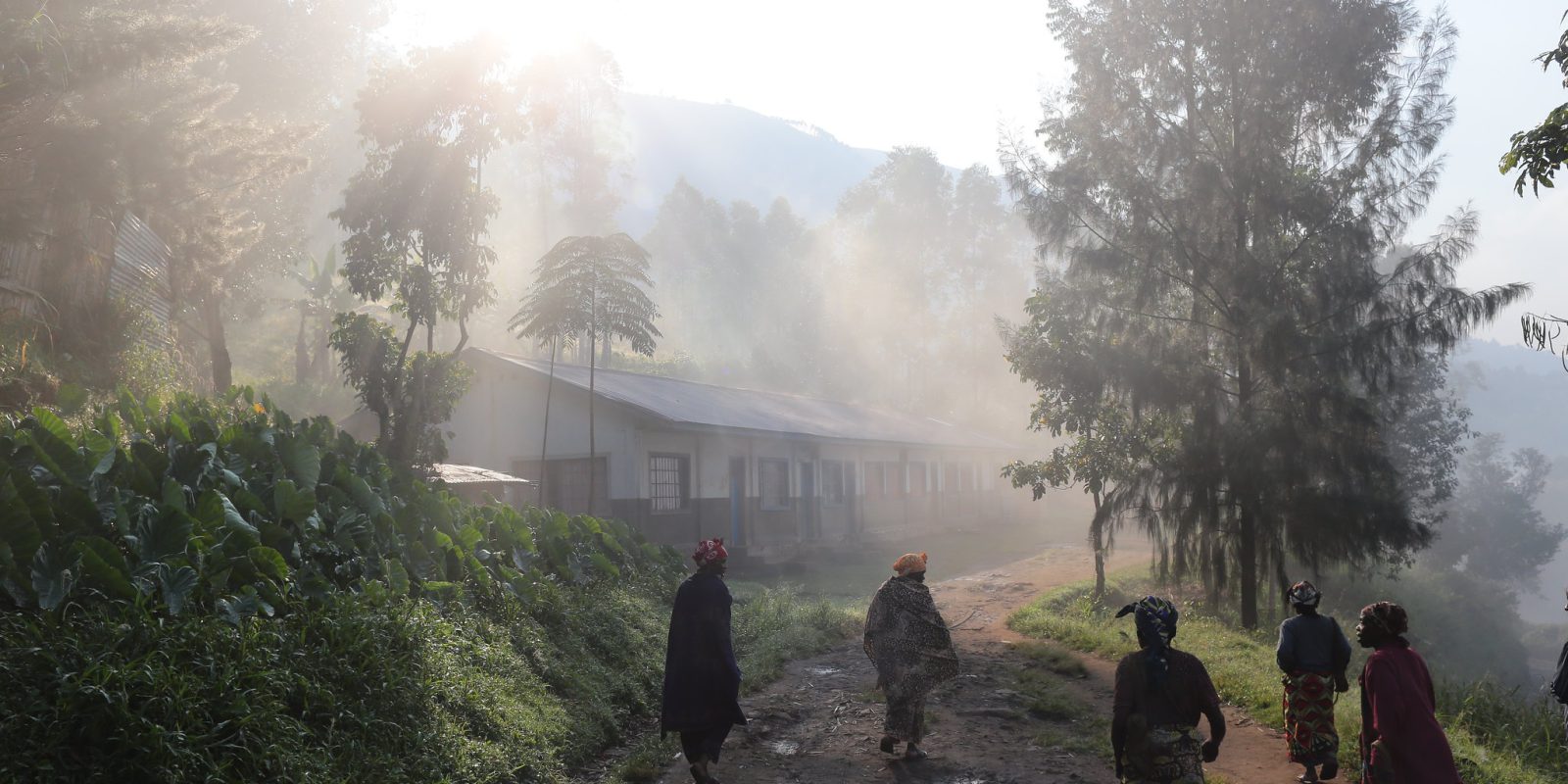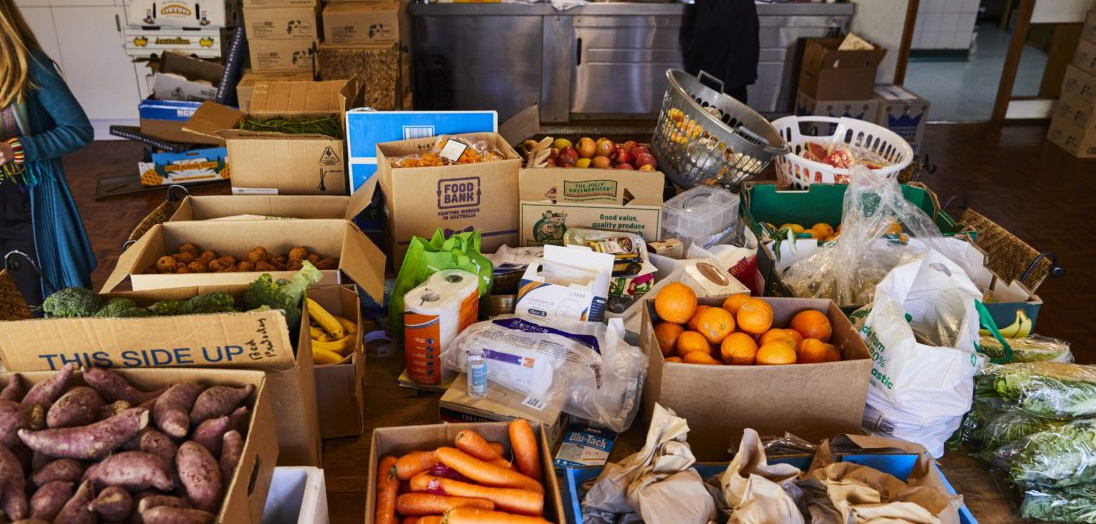Media Release: CAPSA Welcomes Support for Refugees, Remains Deeply Concerned About Spending on Offshore Detention
28 October 2022

The Catholic Alliance for People Seeking Asylum (CAPSA) welcomes the Federal Government’s funding for services and programs that will assist people seeking asylum to learn English and access support if they experience family violence. CAPSA also warmly receives the Government’s additional provision of support to those fleeing the conflict in Ukraine, particularly through the allocation of temporary visas.
CAPSA, co-convened by Jesuit Social Services and Jesuit Refugee Service (JRS) Australia, is an alliance of individuals, schools, parishes and Catholic organisations advocating for the fair and humane treatment of people seeking asylum in Australia.
In the budget announced on 26 October, the government will provide $12.6 million over two years to support a pilot program assisting temporary visa holders who are experiencing domestic and family violence. This will be particularly helpful to women on temporary visas because they face specific challenges, such as lack of eligibility for social security and the impact of ending their relationship on their visa.
The Federal Government will also provide additional funding over the next four years to the Australian Migrant English Program (AMEP), which will help migrants and humanitarian entrants improve their linguistic skills.
“More funding and case management provisions to AMEP will mean greater support to people on their settlement journey – including people seeking asylum who are on eligible temporary visas,” said Julie Edwards, CAPSA co-chair and CEO of Jesuit Social Services.
However, CAPSA expresses deep concern that the Government is spending an additional $150 million this financial year on top of the hundreds of millions pledged in the March budget for offshore processing and management.
CAPSA Co-Chairs Julie Edwards, CEO of Jesuit Social Services, and Tamara Domicelj, Country Director
of JRS Australia, expressed their disappointment that the Federal Government has committed to spending a total of $632.5 million on offshore processing in 2022-23:
“We are deeply concerned to see that the Federal Government is continuing to allocate such high levels of funding to the continuation of Australia’s offshore detention and processing regime – when we know that this policy is costly and inhumane in practice,” emphasised Ms Domicelj.
CAPSA also hopes that the Federal Government devotes attention to several other important issues.
- Funding cuts and changes to the Status Resolution Support program, which supports refugees and people seeking asylum awaiting the outcome of their applications, has meant that only a handful of the people in need receive support. Many are increasingly unable to afford basic needs such as food and medicine. CAPSA hopes that in the next budget, due in May 2023, the government will devote resources and make the required administrative changes to restore the program so it can support the people in need.
- CAPSA also hopes that the government swiftly transitions Temporary Protection Visa (TPV) and Safe Have Enterprise Visa (SHEV) holders to permanent status and ensure that opportunities for family reunification are swiftly engaged by this population as soon as permanent status is secured.
- Thousands of at-risk Afghans who applied for special humanitarian visas as early as August 2021 are still waiting for the outcome of their application, which CAPSA hopes can be processed swiftly.
- While welcoming the resources devoted to help people feeling the violence in Ukraine, CAPSA urges the government to make good on its campaign promise to restore Australia’s humanitarian program, which has suffered cuts by successive governments and the impact of the COVID-19 pandemic.
- CAPSA also looks forward to welcoming the Federal Government’s implementation of pre-election commitments to abolish temporary visas.
CAPSA applauds the additional resources devoted to building visa processing capacity and notes that this will help refugees, people seeking asylum, those on temporary visas, and people applying for
humanitarian visas do not have to wait for years for the outcome of their applications.
END



